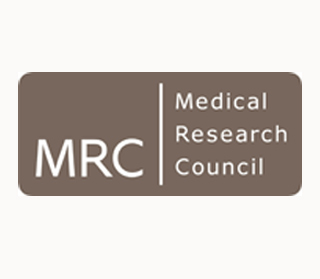
In the course of the investigation, one receptor was seemingly activated by low levels of cortisol, which helps memory. Once, cortisol levels increase, a second receptor may be activated, which further stimulates genes and brain processes involved in memory impairment. Receptors are proteins supposedly found at the edges of cells. These structures possibly help cells to respond towards chemical signals within the body.
“While we know that stress hormones affect memory, this research explains how the receptors they engage with can cause a switch from good memory to bad memory in old age. We now know that lowering the levels of these stress hormones will prevent them from activating a receptor in the brain that is bad for memory. Understanding the mechanisms in the brain which affect memory as we age will help us to find ways to combat conditions linked to memory loss,” added Dr Joyce Yau, who led the research.
In order to conduct the research, the effects of high cortisol levels in aged mice were examined. These mice apparently were less able to remember how to navigate a maze. The memory recall problem was purportedly reversed when the second receptor was blocked.
The research was published in the Journal of Neuroscience.
